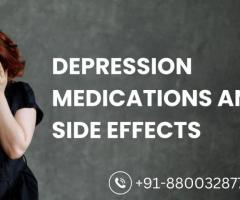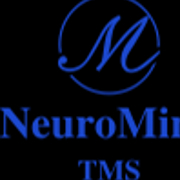Depression is a pervasive mental health condition affecting millions of individuals worldwide. While various treatment options exist, including medication, therapy, and lifestyle changes, one of the significant concerns for individuals seeking help for depression is the potential side effects of traditional antidepressant medications. However, there is a promising alternative known as Transcranial Magnetic Stimulation (TMS) therapy, which offers a side effect-free approach to treating depression. In this comprehensive blog, we will delve into the world of depression medications, their common side effects, and how TMS therapy can provide hope for those who wish to combat depression without the burden of adverse ...
Depression is a pervasive mental health condition affecting millions of individuals worldwide. While various treatment options exist, including medication, therapy, and lifestyle changes, one of the significant concerns for individuals seeking help for depression is the potential side effects of traditional antidepressant medications. However, there is a promising alternative known as Transcranial Magnetic Stimulation (TMS) therapy, which offers a side effect-free approach to treating depression. In this comprehensive blog, we will delve into the world of depression medications, their common side effects, and how TMS therapy can provide hope for those who wish to combat depression without the burden of adverse reactions.
Understanding Depression Medications
Antidepressant Medications: Antidepressants are commonly prescribed to alleviate symptoms of depression. They work by altering the brain’s chemical balance, primarily targeting neurotransmitters like serotonin, norepinephrine, and dopamine. There are several classes of antidepressants, including Selective Serotonin Reuptake Inhibitors (SSRIs), Serotonin-Norepinephrine Reuptake Inhibitors (SNRIs), and Tricyclic Antidepressants (TCAs).



